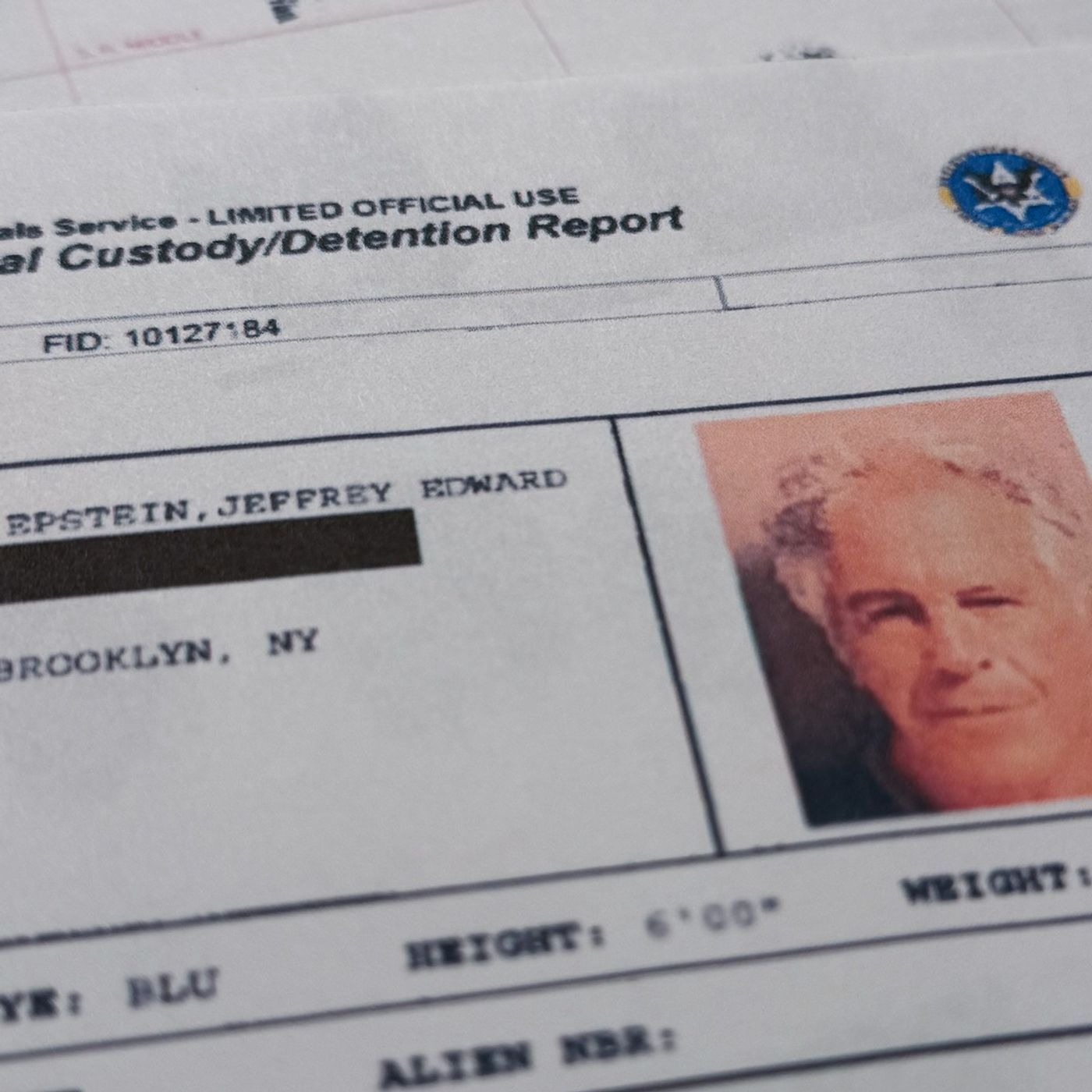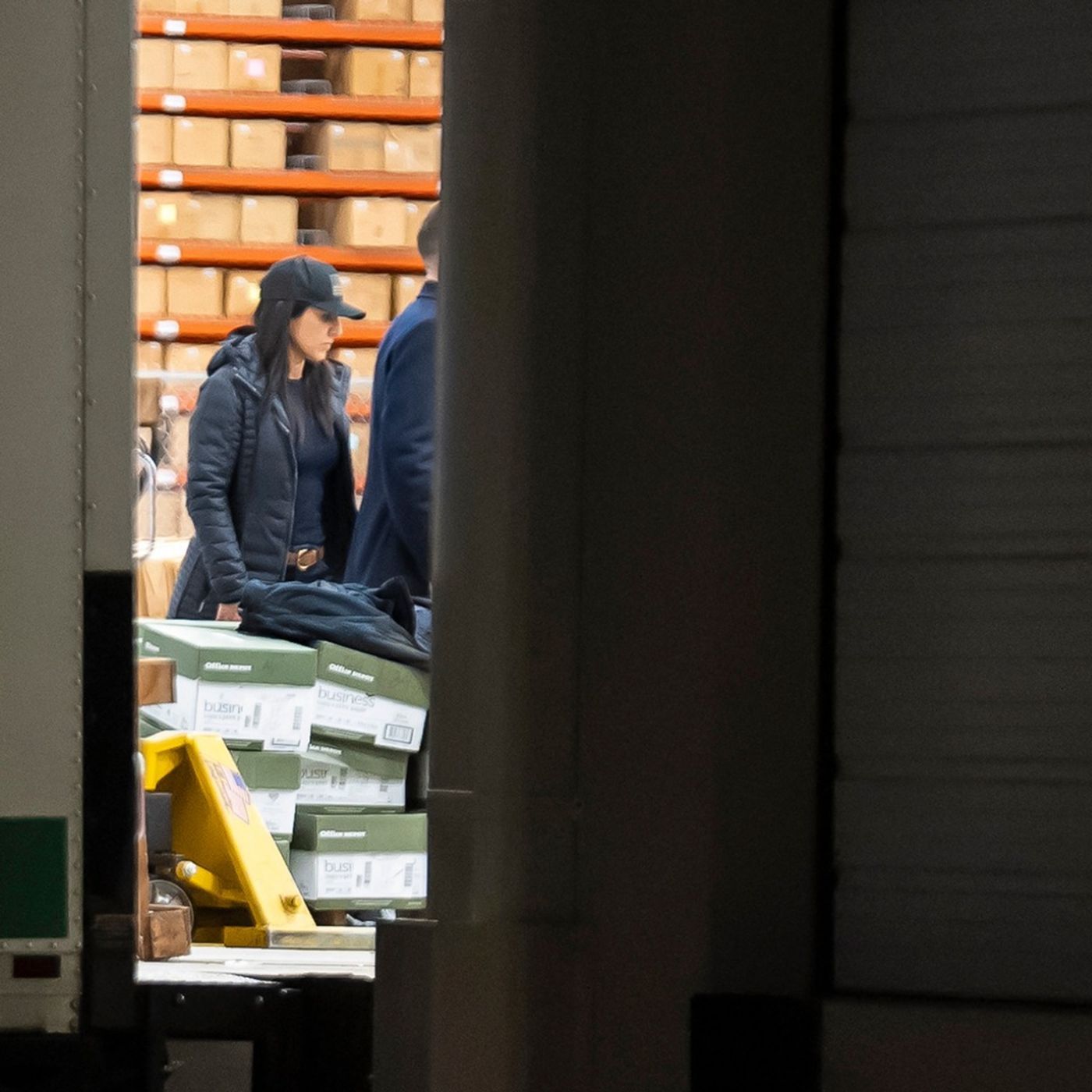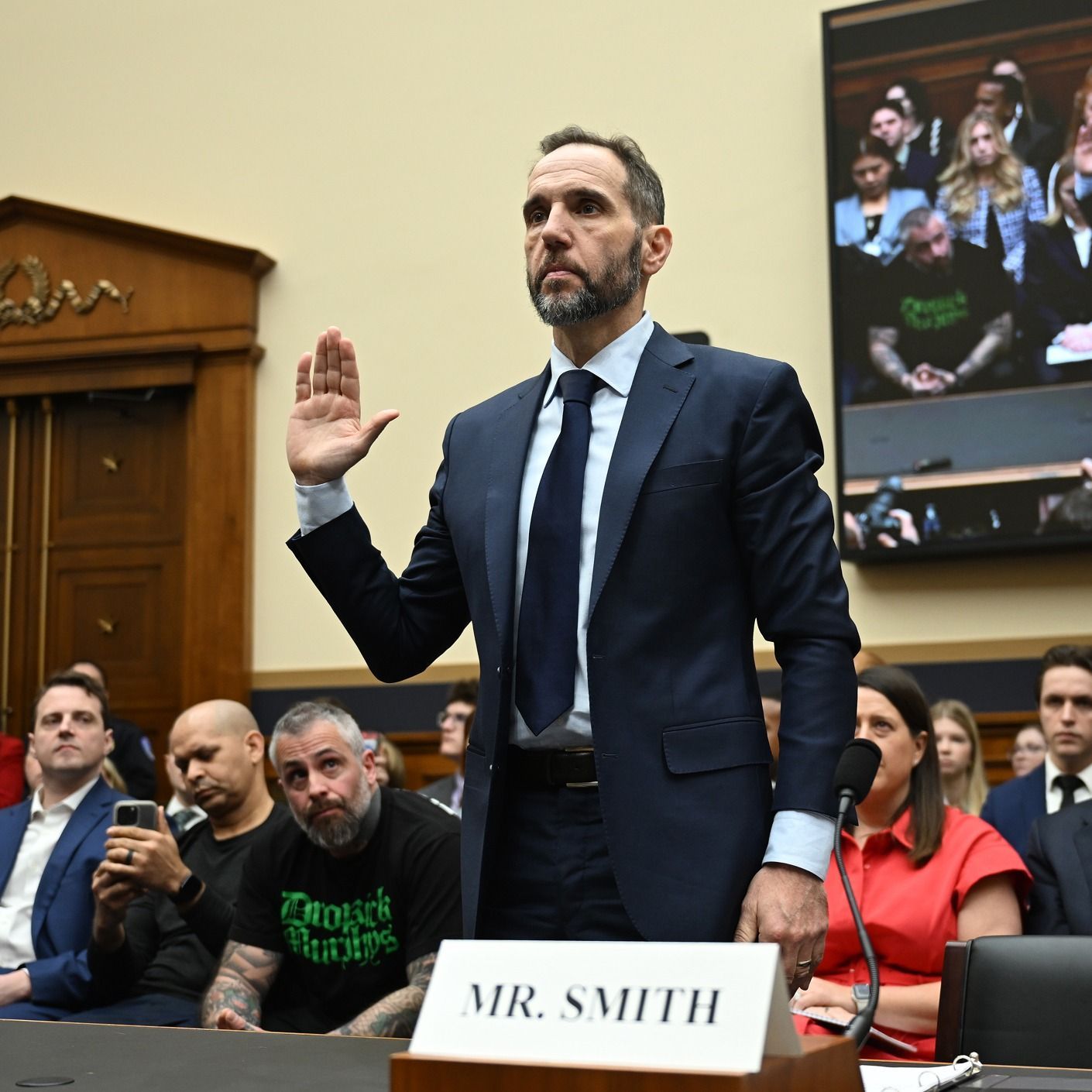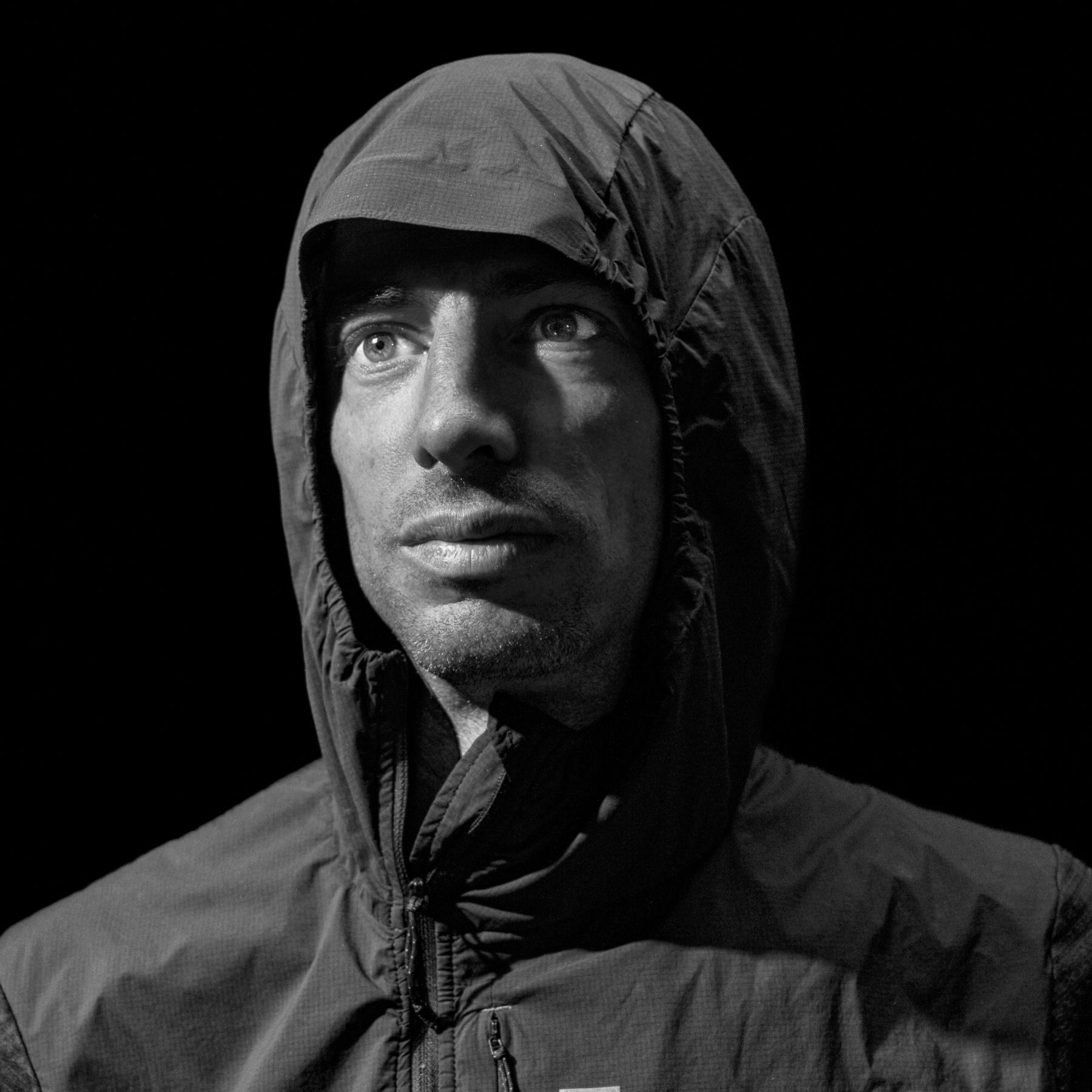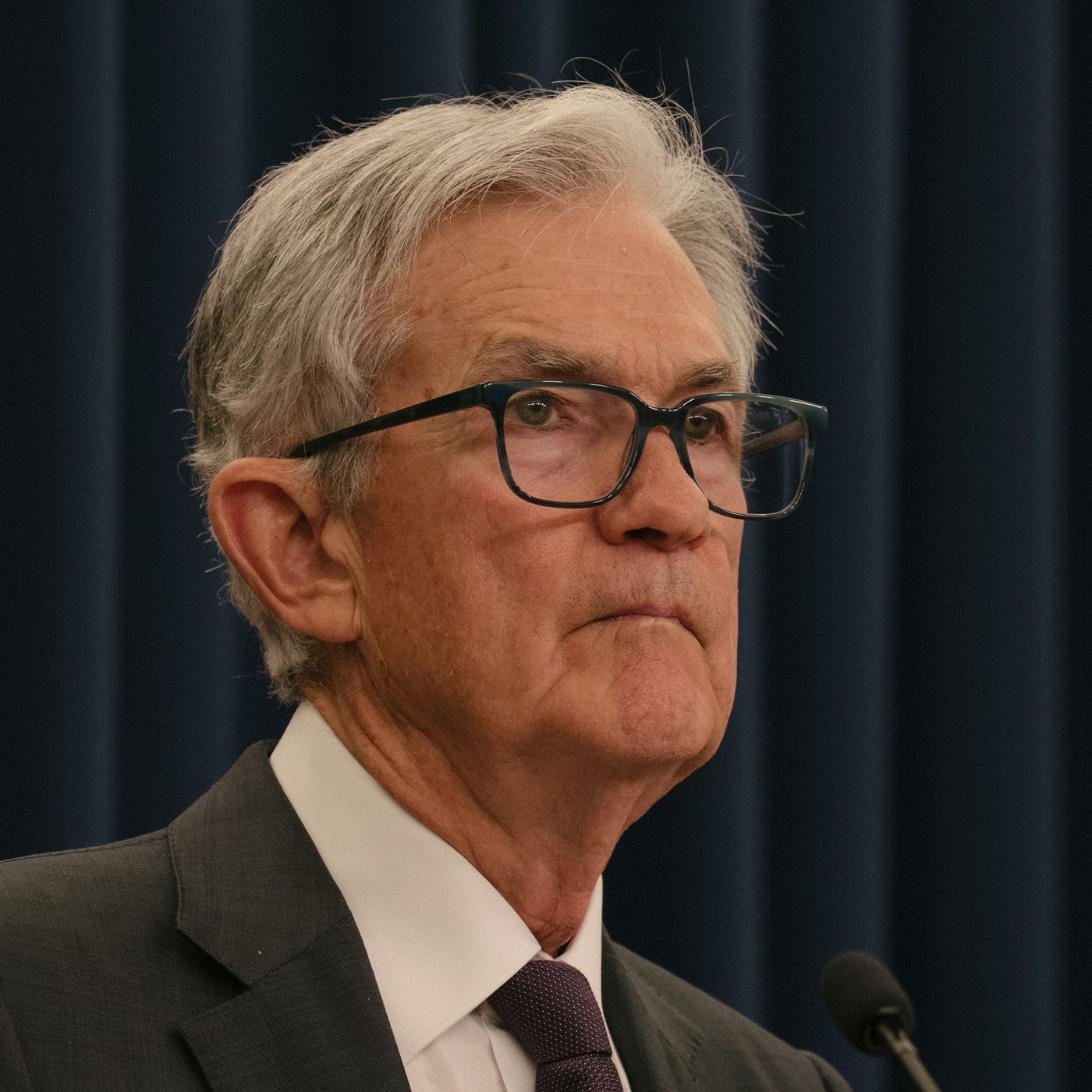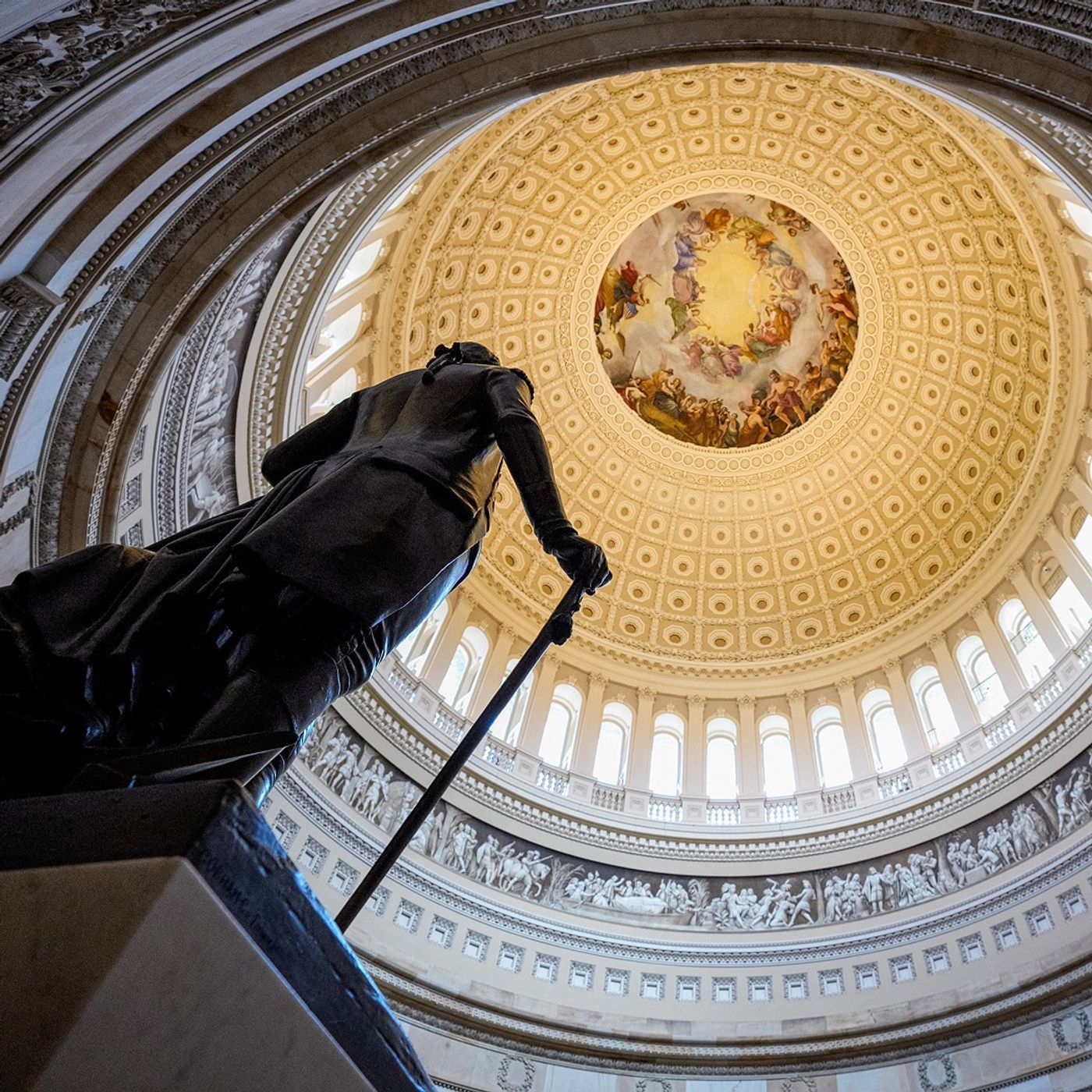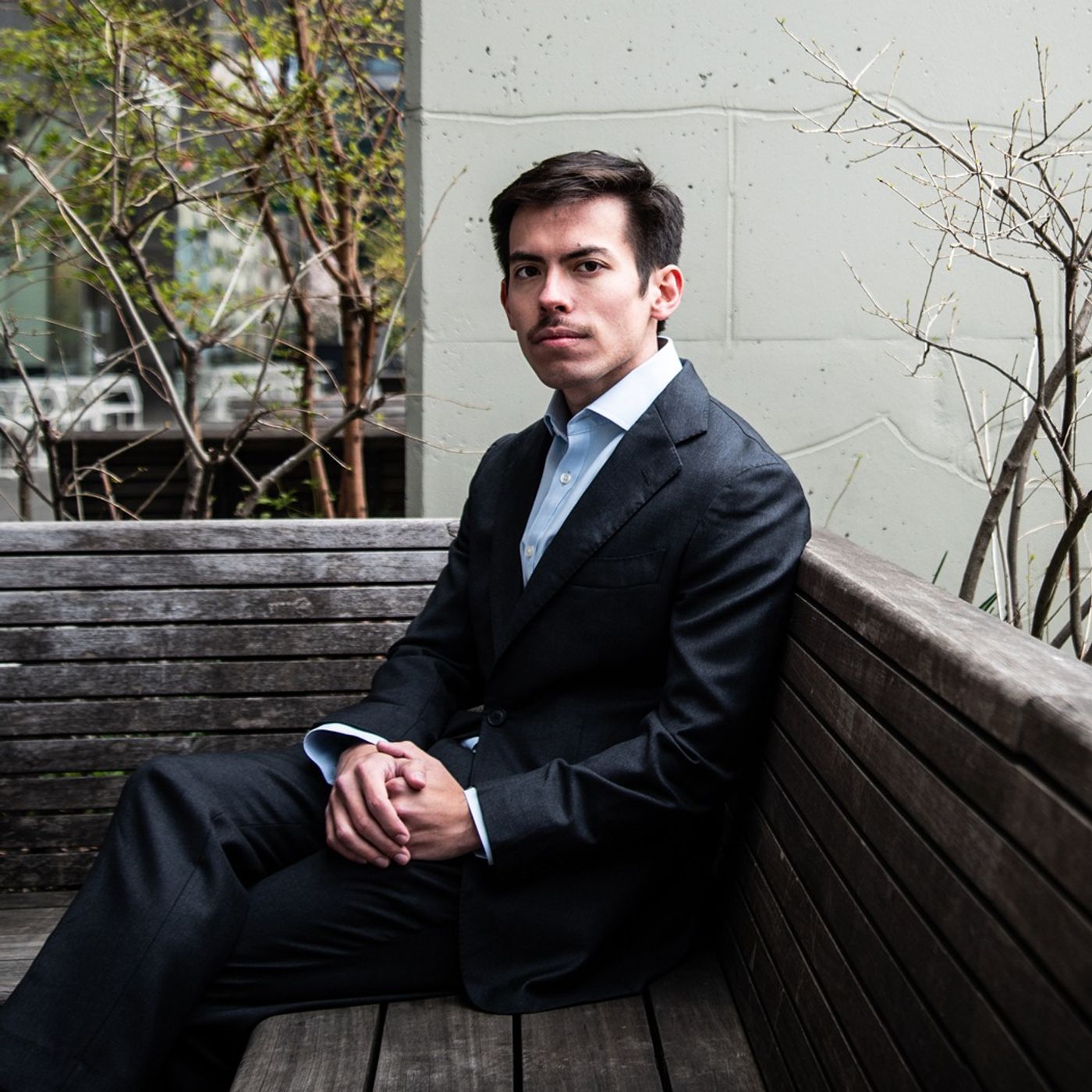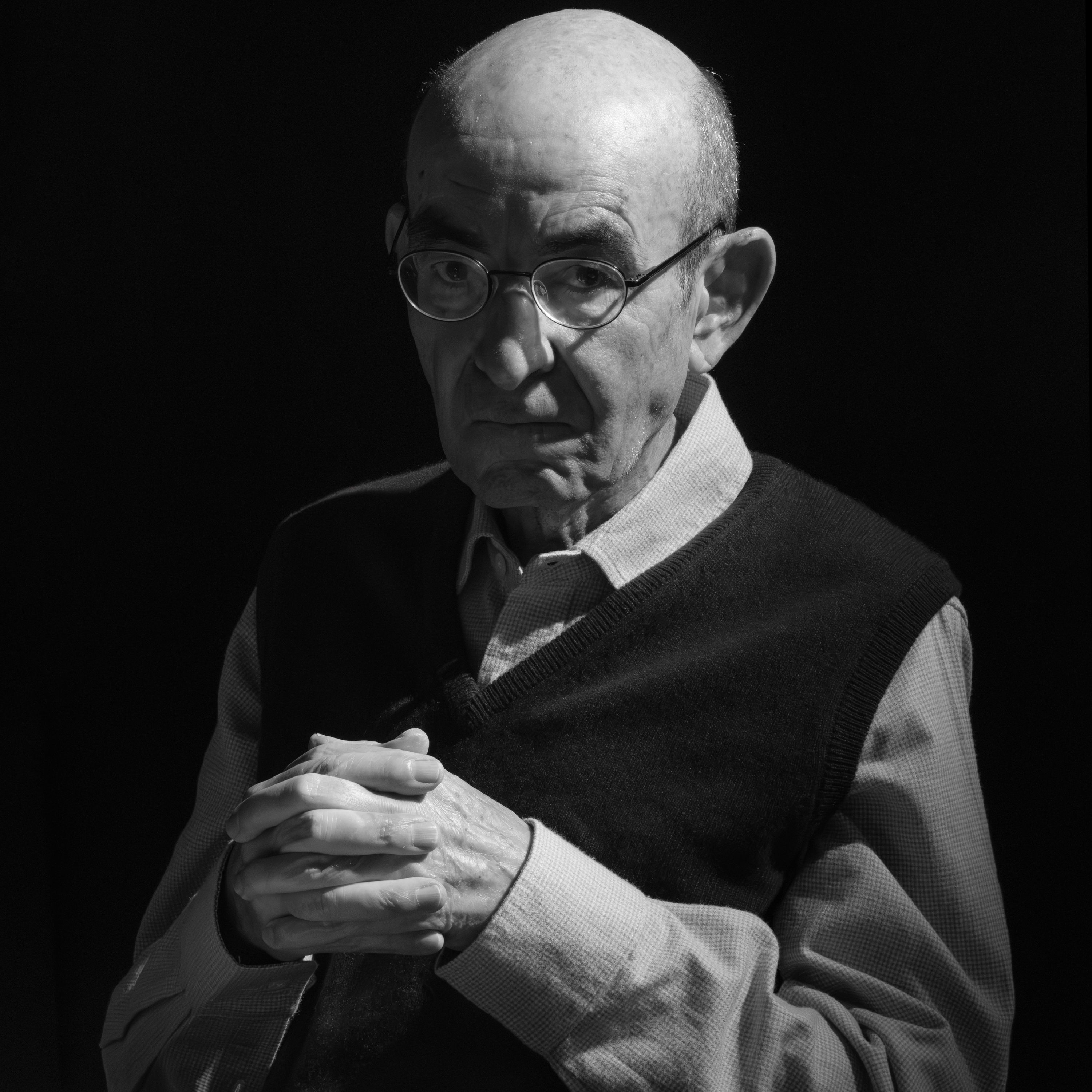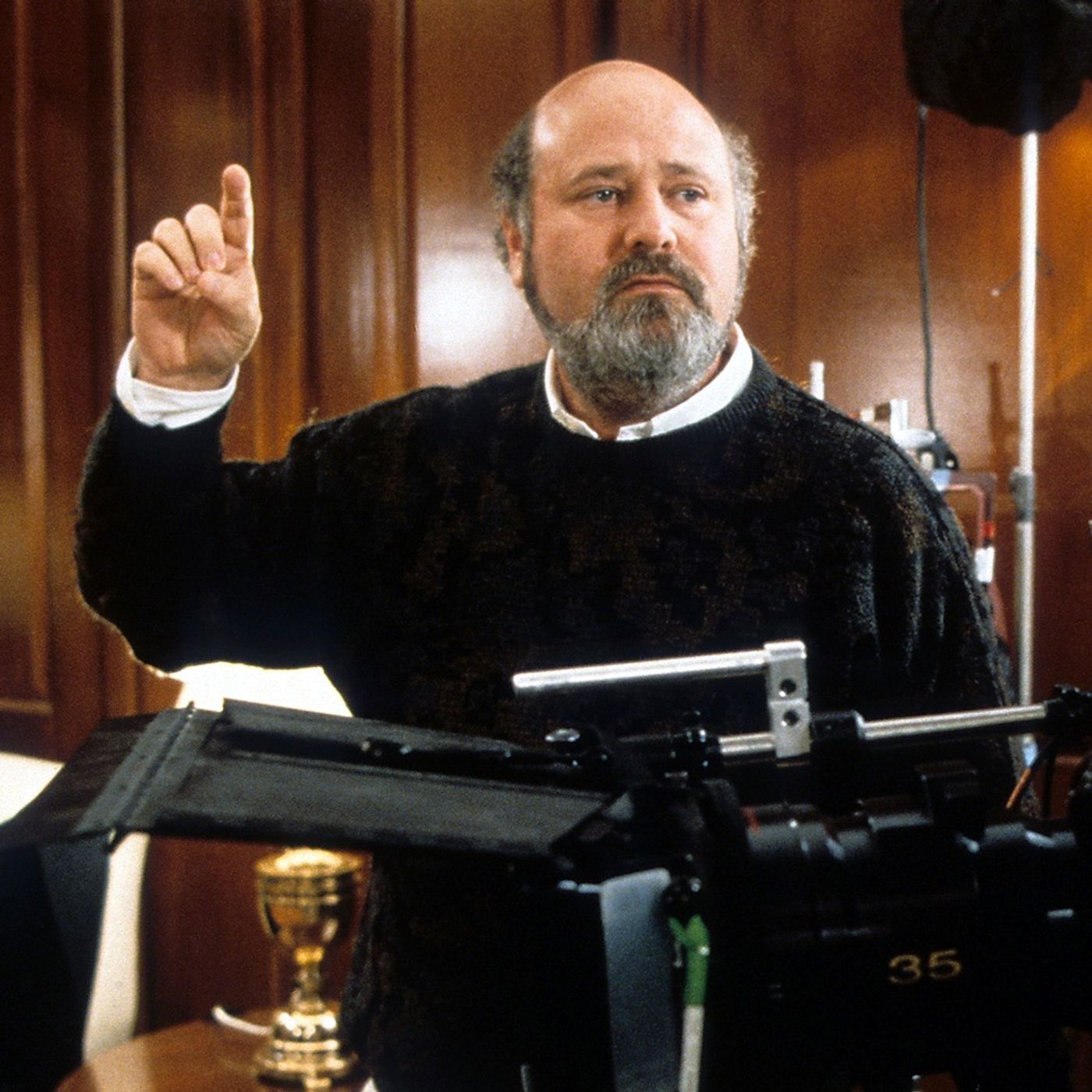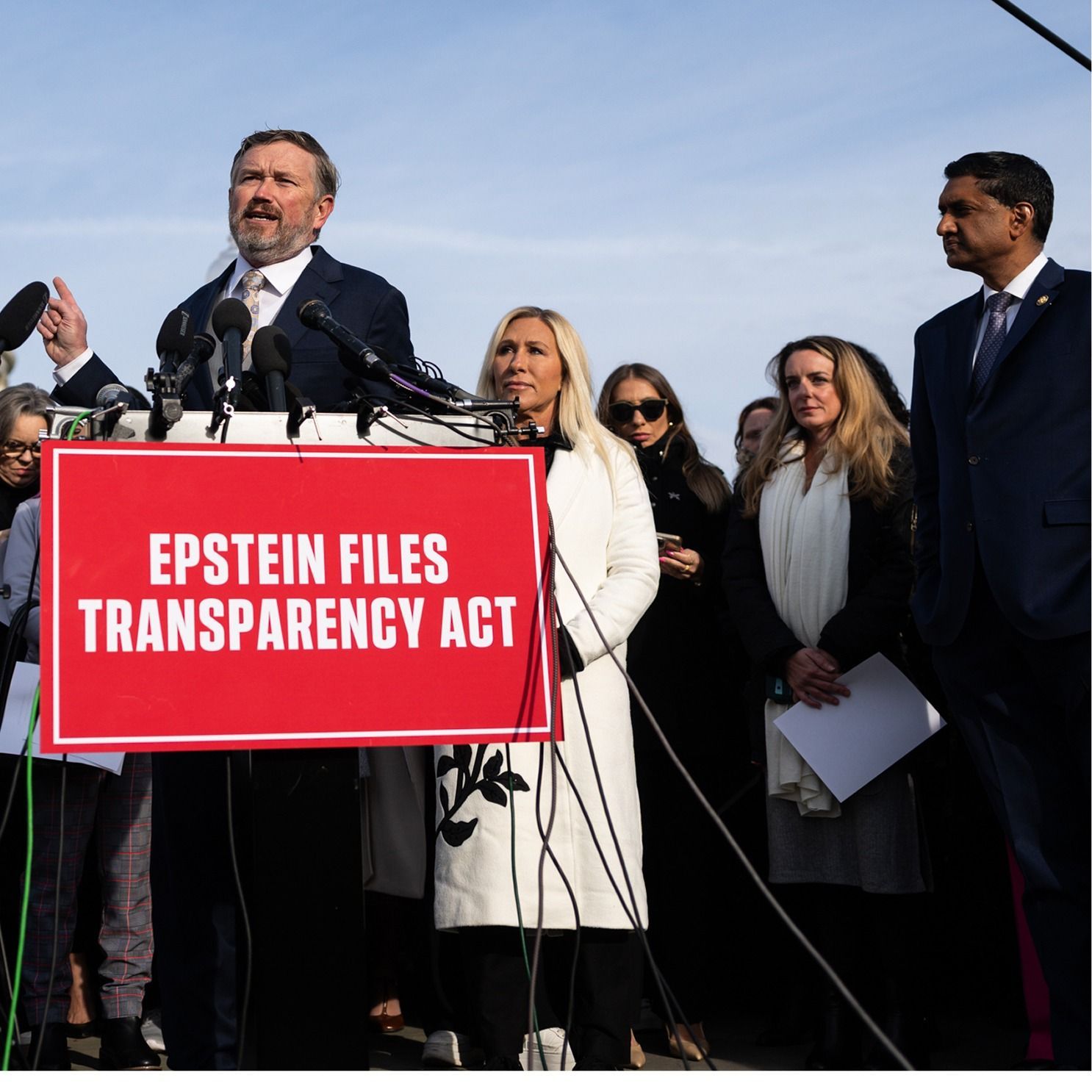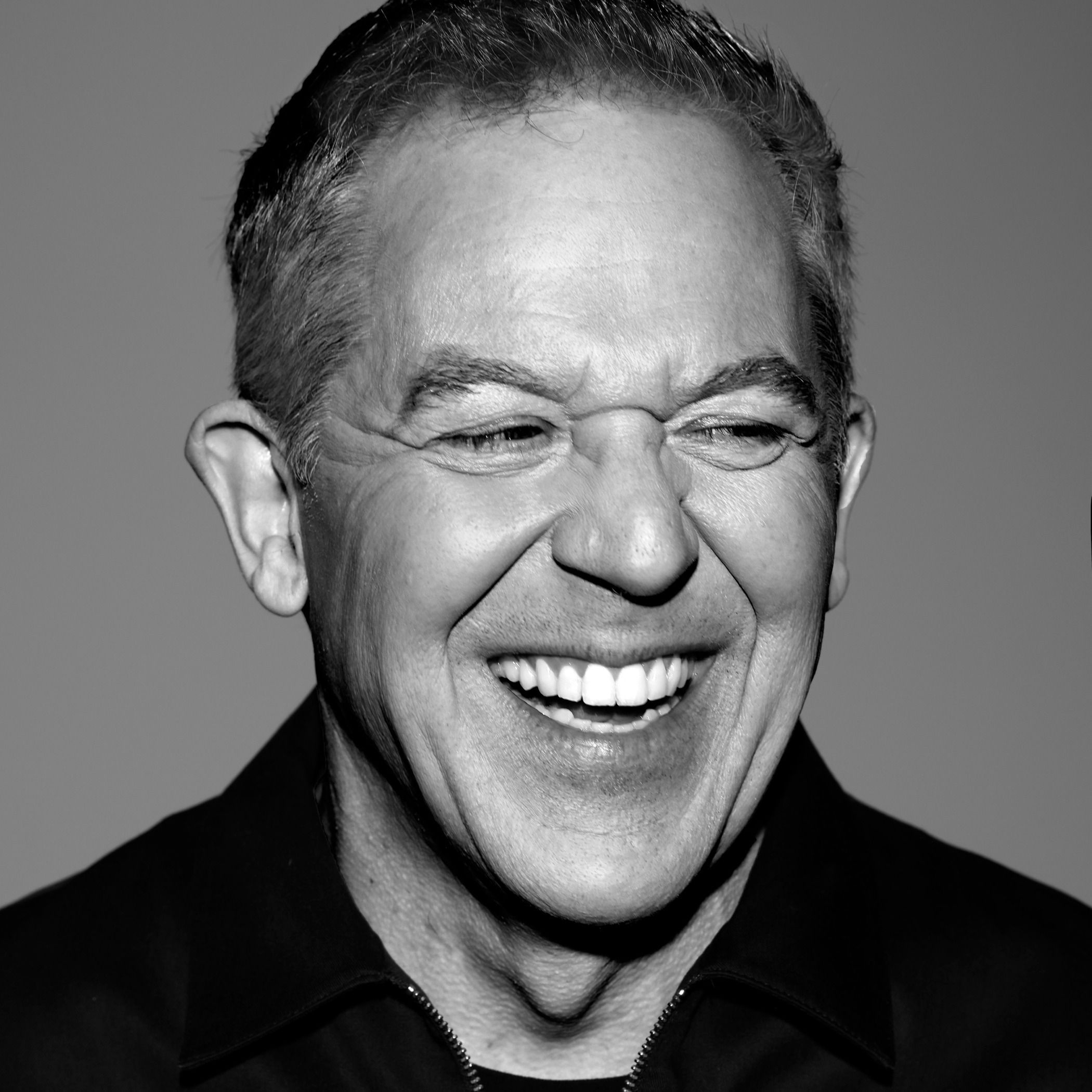The Daily – Der populäre Nachrichtenpodcast der "New York Times"
Bereits seit 2017 zeichnet die renommierte amerikanische Zeitung "The New York Times" ihren täglich erscheinenden Podcast "The Daily" auf, moderiert von Michael Barbaro und Sabrina Tavernise. Dieser englischsprachige News-Podcast hat mehrere Millionen tägliche Zuhörende und gehört damit zu den wichtigsten News Podcasts weltweit.
Welche Themen kommen in "The Daily" vor?
Üblicherweise orientiert sich das Team hinter dem Podcast am "Times reporting of the day'", also an täglich neu ausgewählten Schwerpunkten, die meist in Form von Interviews mit den Journalistinnen und Journalisten der "New York Times" analysiert werden. Neben amerikanischen Top-News gibt es auch regelmäßig Themen, die auch in Deutschland Relevanz besitzen. "The Rise of the Single-Family Home" vom Oktober 2022 geht der Frage nach, warum es immer noch einen Mangel an bezahlbarem Wohnraum gibt. Was ist die Definition von taktischen nuklearen Waffen? Warum ist es so schwierig, die Inflation in den Griff zu kriegen? Wer hat Daria Dugina ermordet? Wieso trocknet der Great Salt Lake aus und was bedeutet das für die Wasserversorgung? Die Themenauswahl ist sehr abwechslungsreich, immer spannend, tiefgründig, setzt mitunter aber ein gewisses politisches und ökonomisches Basiswissen über die USA voraus. Natürlich sind hier außerdem gute englische Sprachkenntnisse gefordert, denn der gesamte Podcast wird in englischer Sprache ausgestrahlt.
Wie ist "The Daily" entstanden und wer sind die Moderierenden?
"The Daily" wurde im Januar 2017 vom Times-Politikjournalisten Michael Barbaro gestartet. Der Podcast war als Fortsetzung des Wahl-Podcasts "The Run-Up" gedacht, der die 58. Präsidentschaftswahlen in den Vereinigten Staaten begleitete, bei denen Donald Trump zum Präsidenten der USA gewählt wurde. "The Daily" befindet sich seit der ersten Ausstrahlung fest in den Top 10 der meistgehörten Podcasts der USA und hat 2019 sogar zu einem Fernseh-Spinnoff geführt, die wöchentliche Dokumentarreihe "The Weekly" auf dem amerikanischen Bezahlkanal FX. Bei den 2020 Webby Awards bekam "The Daily" die Auszeichnung "Webby Voice of the Year" verliehen, ein paar Monate nachdem der Podcast die Marke von 2 Millionen täglichen Downloads im Januar 2020 geknackt hatte.
Moderator Michael Barbaro wurde 1979 in Connecticut geboren und hat Geschichte an der Yale Universität studiert. Seit 2005 arbeitet er für The New York Times. Sabrina Tavernise ist seit März 2022 als Moderatorin bei "The Daily" dabei. Zuvor war die 1971 geborene Journalistin aus Massachusetts Korrespondentin der New York Times in Moskau, dem Irak, Pakistan und der Türkei.
Weitere Informationen zum "The Daily" - Der populäre Nachrichtenpodcast der "New York Times" Podcast
Erstveröffentlichung
- 01.02.2017
Erscheinungsweise
- An jedem Wochentag
Länge der Episoden
- Ca. 30 Minuten
Genre
Ähnliche Podcasts
Ähnliche Formate im Stream auf RTL+
Anspruchsvolle Berichterstattung, tiefgehende Analysen und ein möglichst objektiver Blick auf das Weltgeschehen vom erfahrenen Team der New York Times. Wenn du ein anspruchsvoller News-Konsumierende bist, führt an "The Daily" eigentlich kein Weg vorbei. Streame ihn regelmäßig hier auf RTL+!






